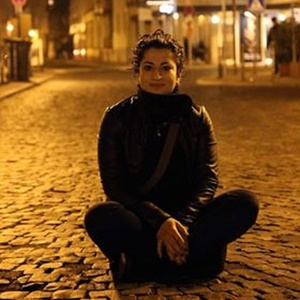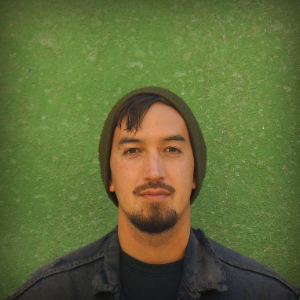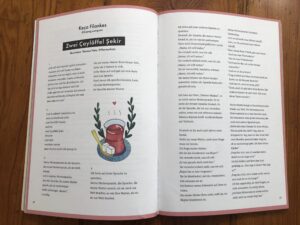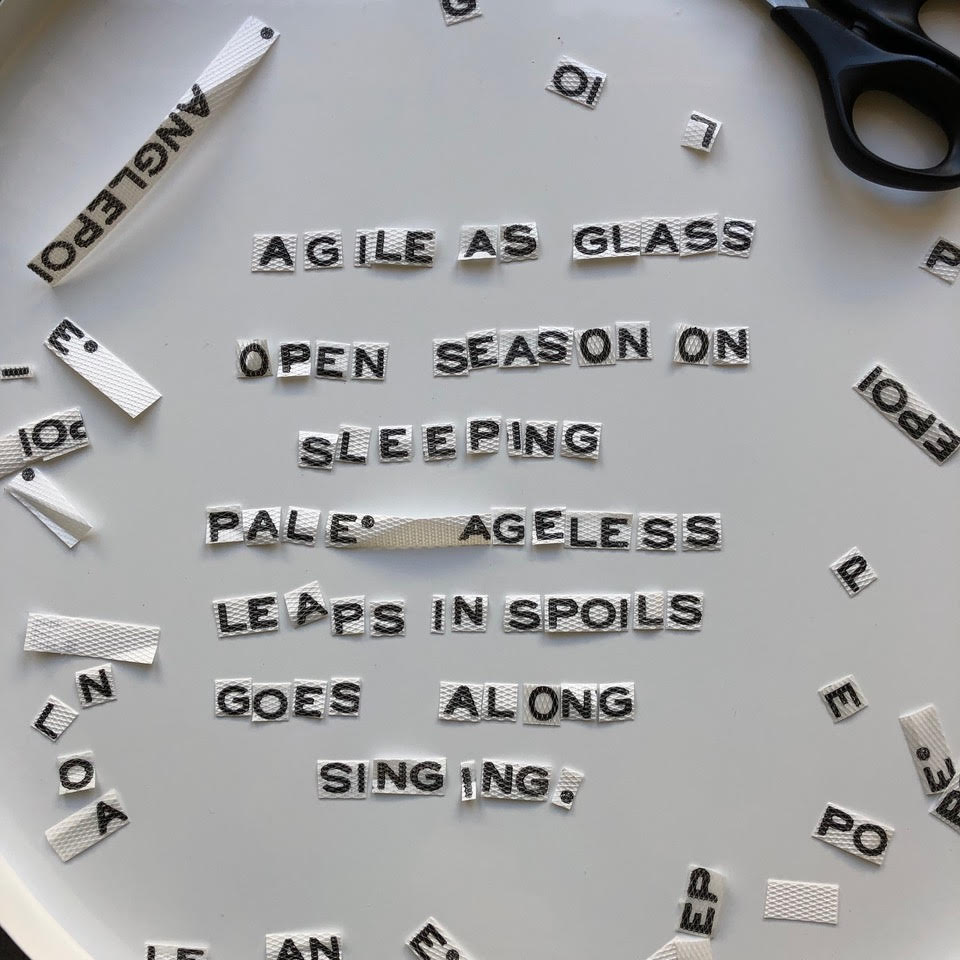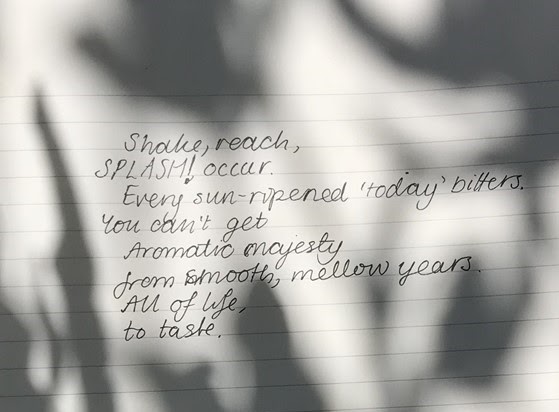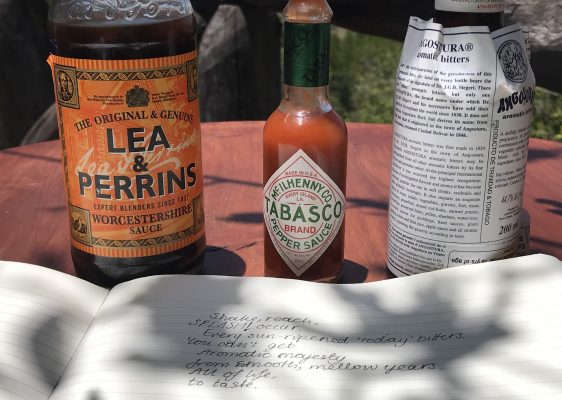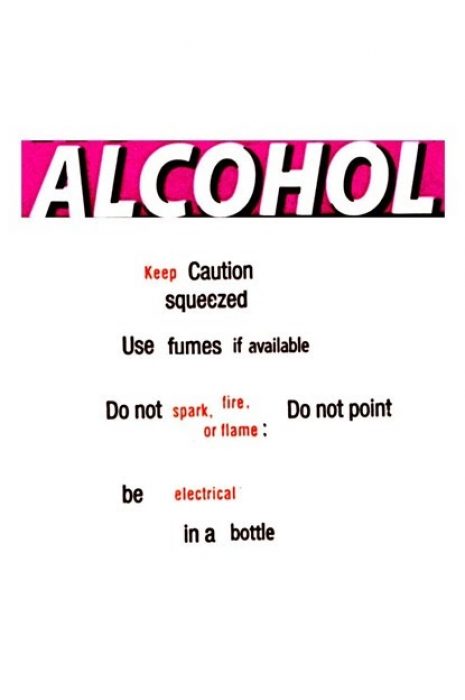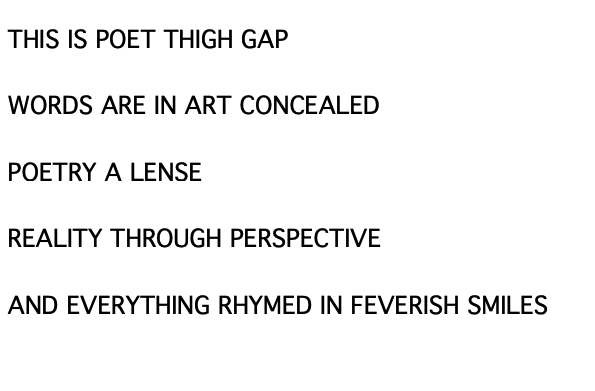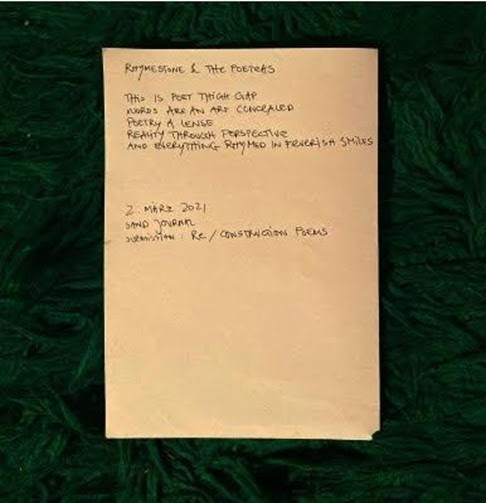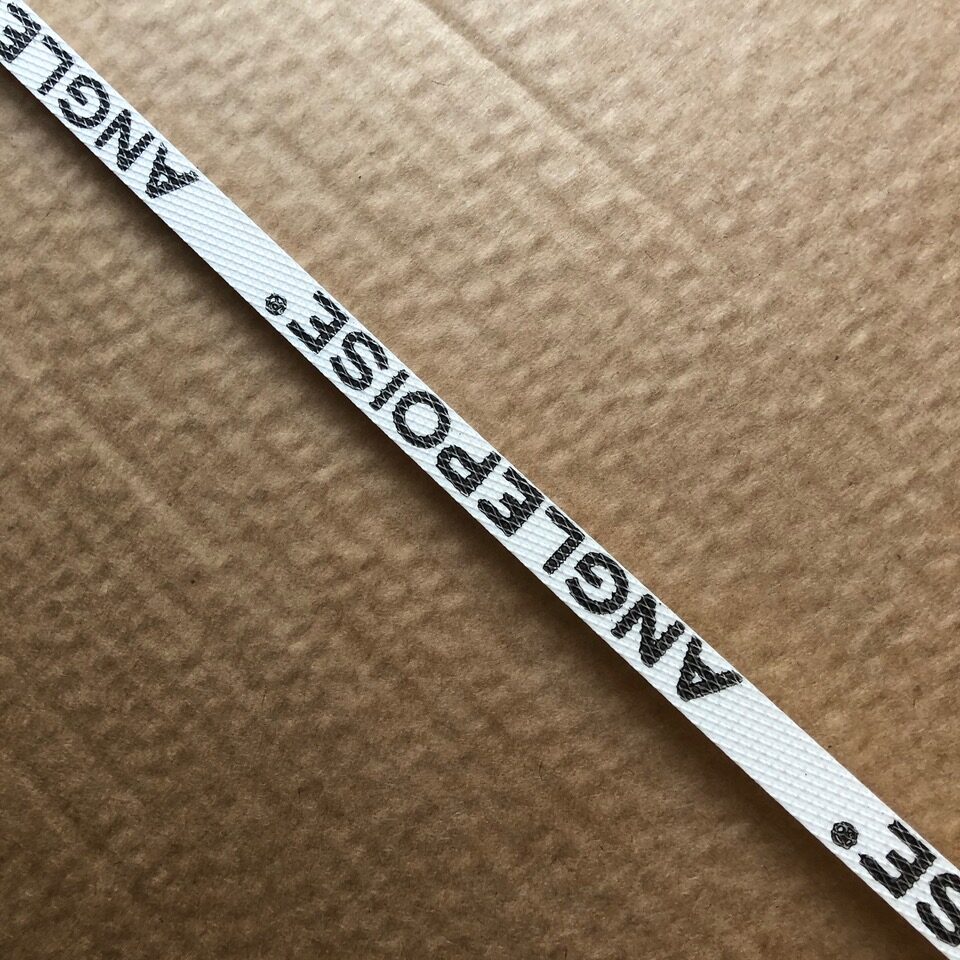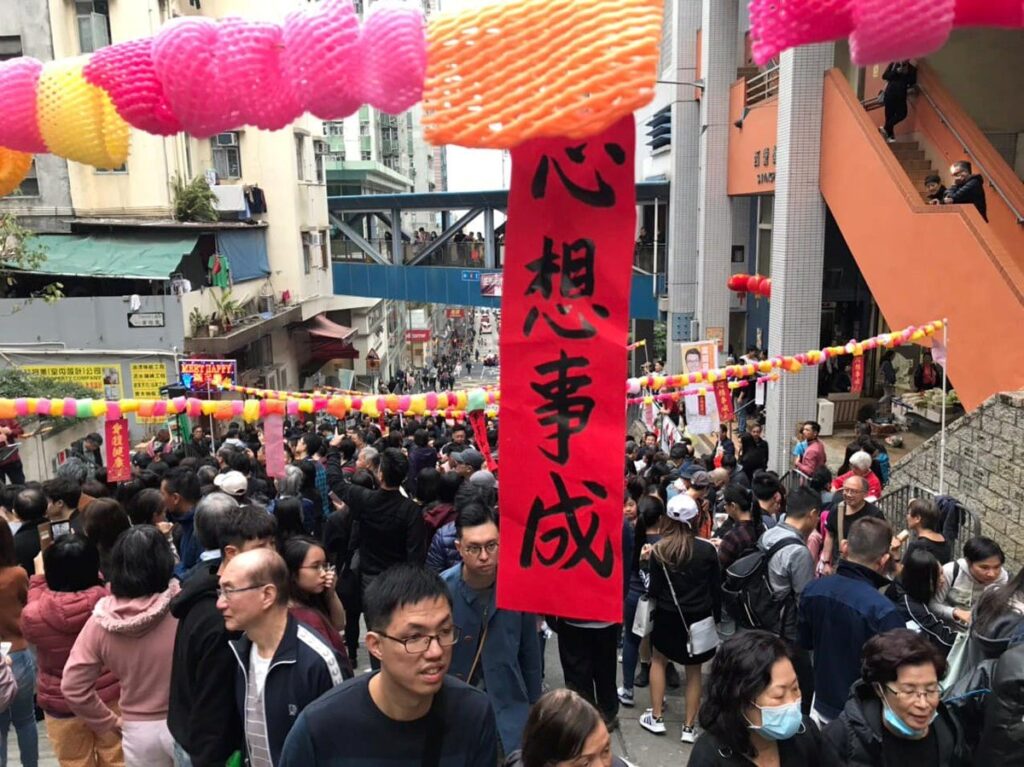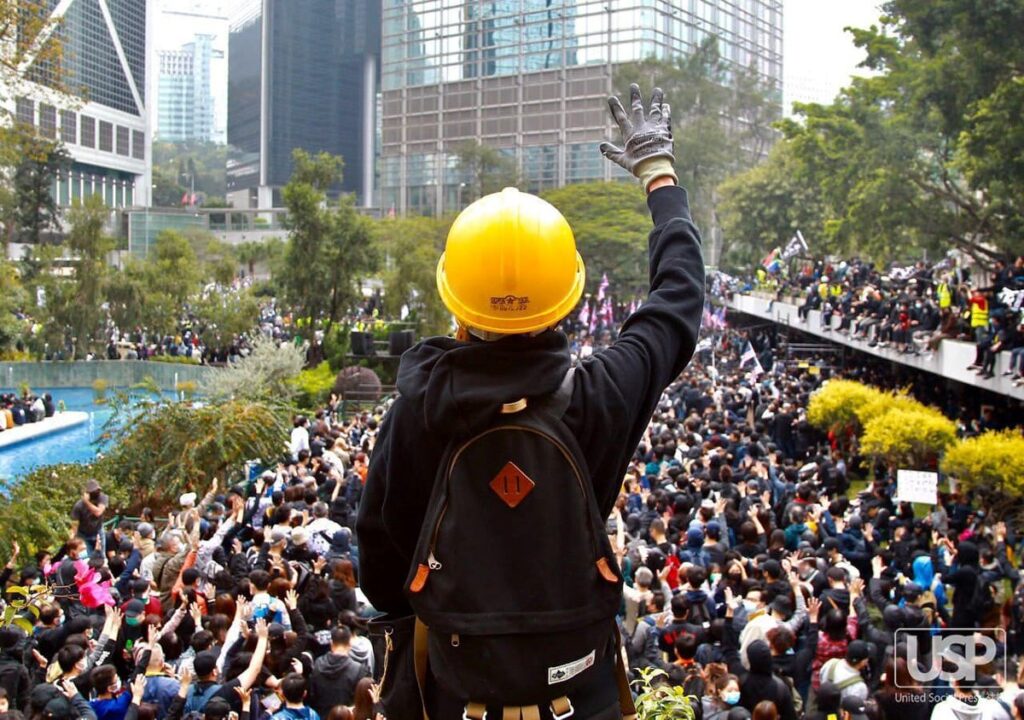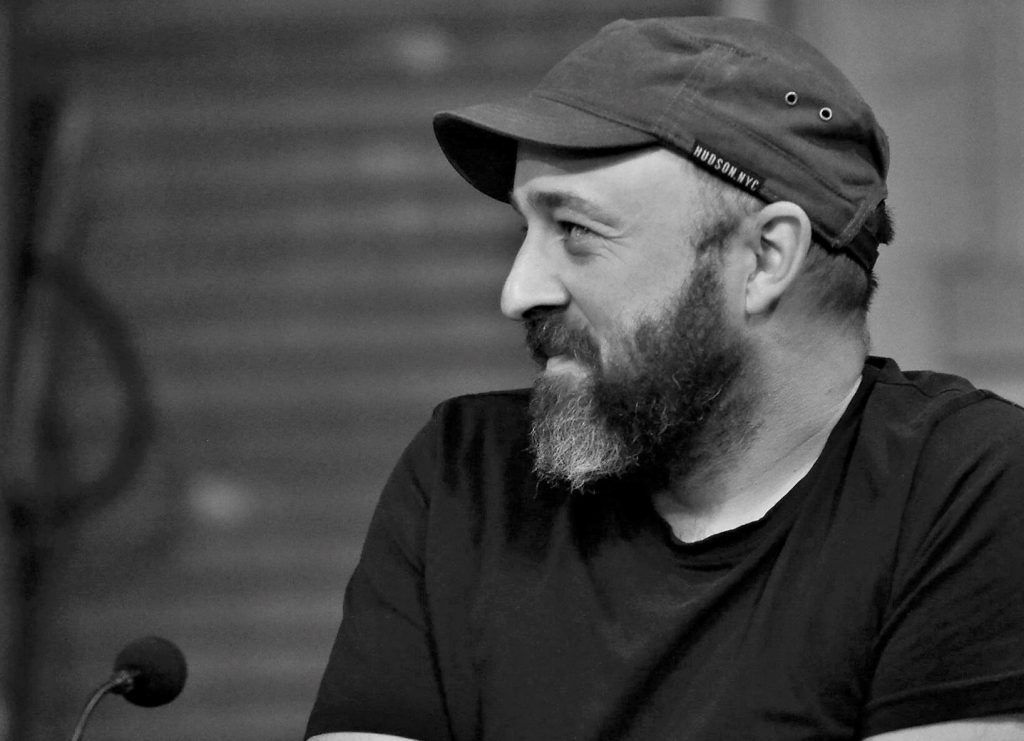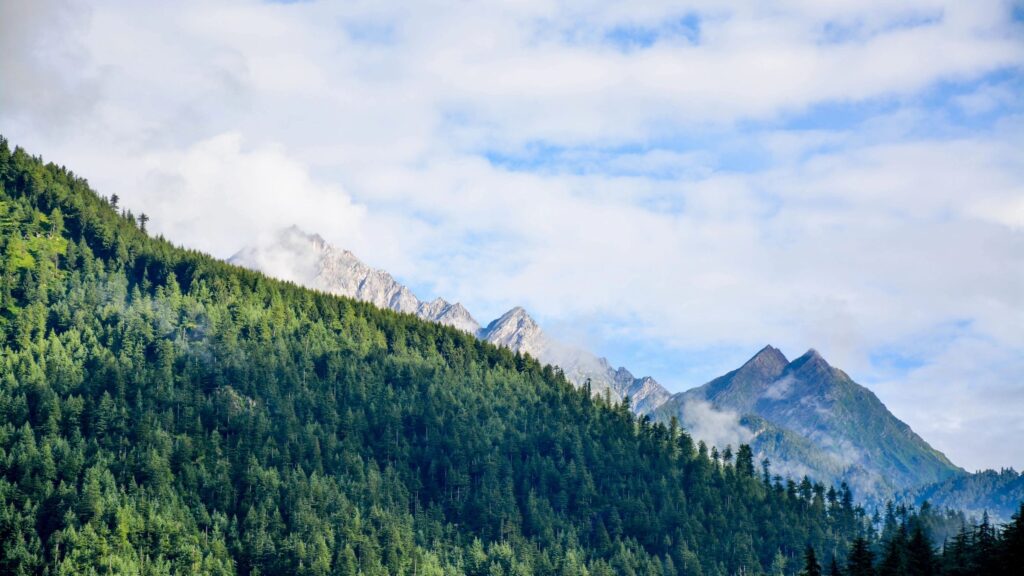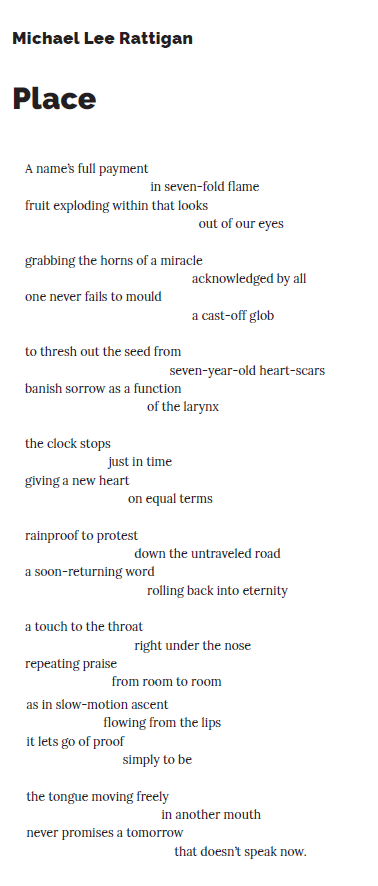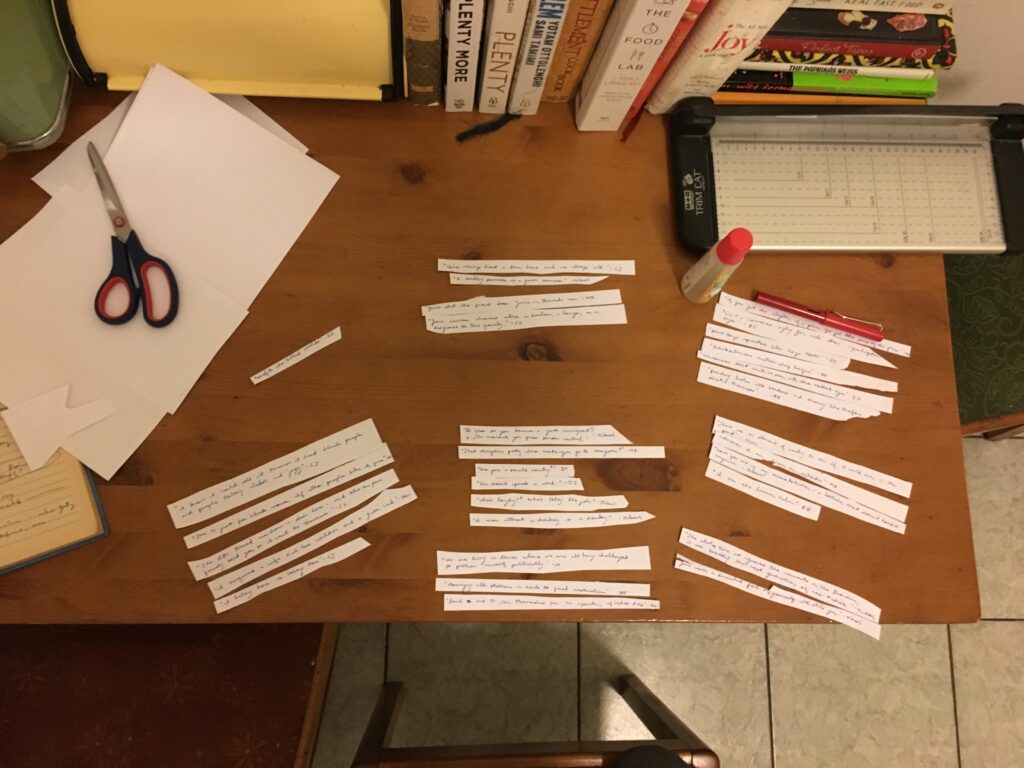The following story was written for the “Brexit Wake: And now what?” event held at the Literaturhaus Berlin on 29 March 2019:
TRANS EUROPA EXPRESS
By Paul Scraton
For Daša Drndić, Joseph Roth and away fans everywhere
I watch the spinning letters and numbers on the departure board and wait for them to fall. Times and platform numbers. Cities and towns. Places I have seen and others I have only imagined. From here the lines reach out, crossing boundaries and borders, of rivers and mountains, languages and culture. When I was a child I would look at my Playmobil train set and try to picture the places listed on the tiny, plastic departure board. PARIS. ROMA. HAMBURG. BEOGRAD. Every name offered something. Each place a potential story, waiting to be written. Back then they had not even started digging the hole that would link the island of my childhood with the rest of the world. But still I saw the possibility of the train and where it could take me.
***
Letters drop. Numbers too. Platform Six. I find my seat as the train eases out from the station, and we leave the city behind. Beyond the window the countryside unfolds. Villages of squat houses huddled around a church spire for protection. Ploughed fields and wind farms, blades turning in the late afternoon breeze. Forest plantations cut through with electricity lines and patches of older, mixed woodland. In recent years the fires have been burning with more frequency, the sky glowing red and visible for miles. A warning.
This train will take us through the night. I have company. She is here, waiting patiently for me to engage. Eventually I turn from the view out the window.
We don’t have much time, she says, even though the journey is stretched out before us. As I listen, she starts to tell me her stories. They are all connected, she says. The train links us to them all. This train. The tracks, laid out in long, connecting lines. I picture a map of the continent as she speaks, as she gives her lists of names. Lists of places, that echo like the destinations on my plastic departure board. Lists of people, the names of the dead and disappeared. Each story is another location to be marked on the map, linked by the black lines that reach out across space and time. Outside the window the trees seem to move ever closer to the tracks, a blur of trunks and branches and spiky pine needles.
Her voice:
We cannot allow the forest to swallow the stories.
***
Another train. The carriage was full of men and women in uniform. The Italians up the front, along with the British and the French. The Belgians in the smoking compartment. The Austro-Hungarians in the dining car, already drunk. My carriage was the domain of the Germans; Germans who spoke with Essex accents.
You can’t expect them to want to do it, a man told me, after lifting his canvas bag and replica rifle onto the luggage rack above our heads. It’s sensitive. You know? But we can’t do it without the Germans, so someone has to take it on. It might as well be us.
They were on their way to the battlefield, a journey they made each summer, to meet up with old friends and new faces, to rehearse and perform, and to pay their respects in a field lined with white crosses and at the chapel, the only building left standing in a village otherwise long abandoned. The forest had reclaimed the poisoned and cratered landscape, filling the empty, battle-scarred space where the village once stood. Outside the chapel, a statue of Mary was draped in a European flag.
It was the same every year, the man told me. The men and women in uniform came together on the battlefield and down in the town. The Italians and the French. The Belgians and the Austro-Hungarians. There was even an annual football match, between the English and the Germans. I asked him who would win.
We will, of course, he said with a smile. After all, for the next few days, we’re the Germans.
***
Our train slips across a river and over the border, from one country to the next. There is no announcement, no stop in some no-man’s land and no slow shuffle of guards along the train. The waters are choppy beneath the bridge. As we cross, she tells another story of another journey across the border. More than thirty years have passed but still she can reel off the names of the stations along the line. One after the other, ever closer to her destination, ever closer to him.
For eight summers they met and never once did their trains arrive in the small resort town by the lake at the same time. It didn’t matter, because they knew where to meet. It was planned when they said goodbye the year before. So she would walk down from the station to the promenade, and the beer garden by the jetty where the steamers left for the north shore. There she waited until his train came in and she spotted him walking the narrow street between the kiosks.
The way she tells it, it sounds romantic, this one week a year when they could walk the shore and swim together in the soft waters of the lake. But I know there is a lot she is not telling. About the half an hour each day they had to split up in order to return, via the telephone wires, to their respective realities. About all the different stories told. About the attempt to tell as few lies as possible.
We are across the river, able to spot the difference now in the road signs and billboards, in the shape of the houses that face each other across the water.
It was the border that kept us together, she says. Later, after everything changed, it just all got too complicated.
***
I leave her for a while and go to the dining car. The man at the next table speaks with my accent. It is the sound of my childhood in this place far away. He is on his way home from the match, he says, nursing a beer. It was going to take them 34 hours. 68 hours in total, there and back, just to watch your team lose. Still, he adds with a shrug, there is always the second leg.
I ask him why he didn’t fly.
It’s John, he replies, meaning his friend, who sleeps in his seat two carriages down the train. Ever since a trip to Thailand he refuses to fly. Like Mr. T. or Dennis Bergkamp. But we go to the match together. We’ve always gone to the match together. So now we have to go overland. By bus or train.
He gives me a list, for it is a night of lists. Marseille and Seville. Madrid, Rome and Prague. Athens. Minsk.
He shakes his head. Minsk was a long one. Then he asks me my story. It’s what you do on trains. And although I could tell him anything, and he could do the same, both of us speak the truth. Continuous movement. The darkness of the night. Full disclosure.
You must like it, he says, after I finish. He tells me his own tale of living in another country. Of five years in New York. After five years it was time to make a decision. Was that it? He liked the city, the life he had there, but it wasn’t enough. He missed his friends. His family. Going the match with John.
I remember sitting there, he says, and I was thinking: do I really want to grow old here? In this place that is not my home?
He looks at me and then drains his beer. It’s finished. I tell him that I’m not sure what home is any more.
Fair enough. He looks at his watch. Twenty hours to go, he says, with a rueful grin. He shakes his head. Dennis Fucking Bergkamp.
***
Beyond the carriage window, the black night. Inside, a dim light shines above the table. It will shine all night long, but it doesn’t matter. Not to her. My companion doesn’t want to sleep, and she doesn’t want to let me sleep either. More stories. More lists. More places to add to the map. Verdun. Guernica. Stalingrad. Dresden. Srebrenica. The uneasy waters of the Mediterranean. She speaks of responsibility. To the names of places and people. To the memory of what was done in our names. We have to own the stories, she continues. We cannot cut ourselves off from the past. Because those who do remember will not be around forever.
We are in danger of forgetting.
A page turns, and she is quiet now. Still, I don’t sleep. I watch the darkness through the window until it lifts above the villages and fields. They look just like the ones from yesterday, the ones we left behind. We pass through suburbs and the red-brick factories and warehouses of a long-passed industrial age. As the city looms larger beyond the window the train slows. We move between and below the city streets, crossing bridges and plunging into tunnels, before emerging for just a second to offer a glimpse of glass and steel towers shining brightly in the morning sun. It is journey’s end and I have reached my destination. She is quiet now, and yet I can still hear her voice.
We are in danger of forgetting. Here and now. Right at the wrong moment, we are allowing ourselves to forget.
***
I choose the station hotel. I want to wallow in nostalgia for a time I couldn’t possibly have experienced. I want to find the remnants of something long lost. I want to feel that it is indeed impossible to extinguish all trace.
I think of another travelling companion. He knew this hotel and the people in it. Deep down I know I will not find them here today. Not the Swiss chambermaid or the French receptionist, the Italian porter or the Austrian waiter. As for my travelling companion, he long ago drank himself into mythology. He prefered hotels. He liked their mix of anonymity and familiarity, and that they allowed him something that was always there, waiting, whether he travelled through choice or in exile.
I was a stranger in this town, he said. That’s why I was at home here.
It is nearly twenty years since I left the island of my childhood, and sometimes I feel a stranger both there and in the place that I now live. It’s not necessarily a bad thing. We are all strangers in this hotel and we are all at home. The floors creak and the pipes rattle. The paint peels and draughts blow. The hallways echo with half-remembered stories, and not all of them good. Yet the hotel stands. The hotel stands. And that’s something.
This story was written for the “Brexit Wake: And now what?” event held at the Literaturhaus Berlin on 29 March 2019.
Paul Scraton is a British-born, Berlin-based writer and editor in chief of Elsewhere: A Journal of Place. His books include Ghosts on the Shore: Travels along Germany’s Baltic Coast (Influx Press, 2017) and The Idea of a River: Walking out of Berlin (Readux, 2015). His debut work of fiction is Built on Sand, published by Influx Press in April 2019, a novel-in-stories set in Berlin and Brandenburg. It is now available to order from the publisher and wherever books are sold.





